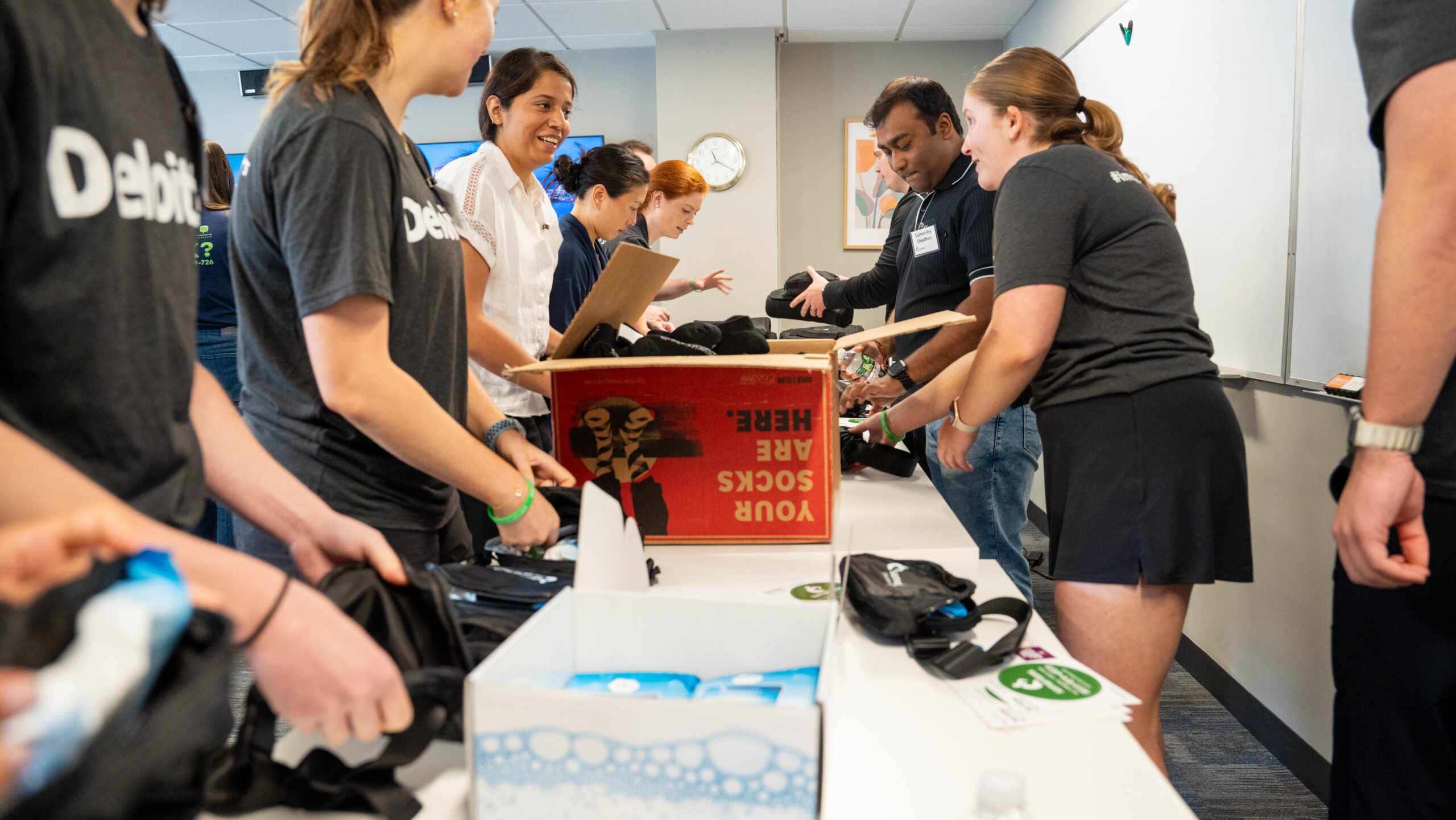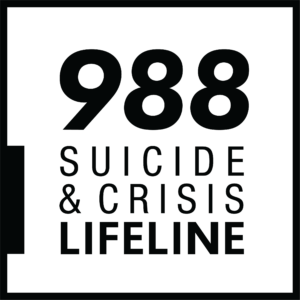
Written by Alissa Chen, former Helpline volunteer and Development & Communications intern at Samaritans
When my peers learned that I was a gallant and brave Helpline volunteer, they always asked, “Isn’t it scary volunteering for Samaritans?” My answer was always yes and no.
At the beginning of my Samaritans volunteer career, I was just an unsure 16-year-old who liked listening to friends’ problems and maybe wanted to be a psychiatrist. Samaritans seemed like an organization where I could dip my toes into the mental health world and learn the listening skills that would help me in the future. As a shyer individual, I had many fears before volunteering at Samaritans. I wasn’t sure how I, a little teenager, would truly help them.
But volunteering is not about your fears. It’s about overcoming them for the good of giving back. Although it might take time, the incredible support you get – from training to your weekly shifts – will lessen your worries. Each volunteer has their own experience, but I wanted to share some of my concerns about becoming a volunteer in hopes that it will encourage you on your path. Volunteering at Samaritans was a profound and enlightening experience for me. I hope you won’t let your fears stop you, so you can take on this adventure as well.
Talking with adults
In the beginning, I wasn’t afraid to talk to someone who was suicidal. Instead, as one of the teenage volunteers, I worried about interacting with adult volunteers and with adult callers experiencing difficulties with jobs and financial responsibilities. Rather than fussing over the logistics of high taxes and contract terminations with callers, the Samaritans trainers emphasized talking about emotions. Such talk was easier said than done when we frequently role-played in different scenarios with other trainees acting as callers. Although the clumsy conversations differed from real calls, I grew to become comfortable talking to anyone of any background. Despite any age gaps, I realized that empathy creates the meaningful connection I worried would be missing.
Not giving advice
At Samaritans, in order to allow for truly active listening, one cannot give advice. As a result, you must learn to listen to someone talk about their life’s difficulties without suggesting a way to fix their problems. Through practice from training scenarios and real calls, I learned I can talk about the caller’s feelings, their past, their own coping methods, and more. I can’t change everything. However, I can make – at the very least – a small change: allowing my callers a safe space to talk about painful thoughts.
Taking real calls
Before being let loose to pick up calls, trainees go through hands-on training, shadowing and learning from another volunteer to gradually gain more independence to pick up your own calls. During my first month (with my mentor by my side), I talked to people about their loved one’s death anniversaries, financial and legal issues, and everyday loneliness. After the first month passed and my nervousness subsided, I realized I had just helped hundreds of callers through Samaritans. And it felt amazing.
Helping suicidal callers
The scariest part of being at Samaritans is picking up a call from someone intending to take their life. In every case, when I asked callers about their plan to take their life, my adrenaline was high. However, fellow volunteers and supervisors were also by my side supporting me, creating a tremendous ship of people keeping me and my caller afloat. When I focused on listening and sharing the weight of their heavy thoughts, my nervousness disappeared. As the trainers have taught me, our goal is to listen to the callers. I was taught to be in this dark moment with them, letting them know they are not alone. We are there by their side.
If you’re interested in volunteering at Samaritans, visit our Volunteering page to learn more and complete the Volunteer Inquiry Form.









